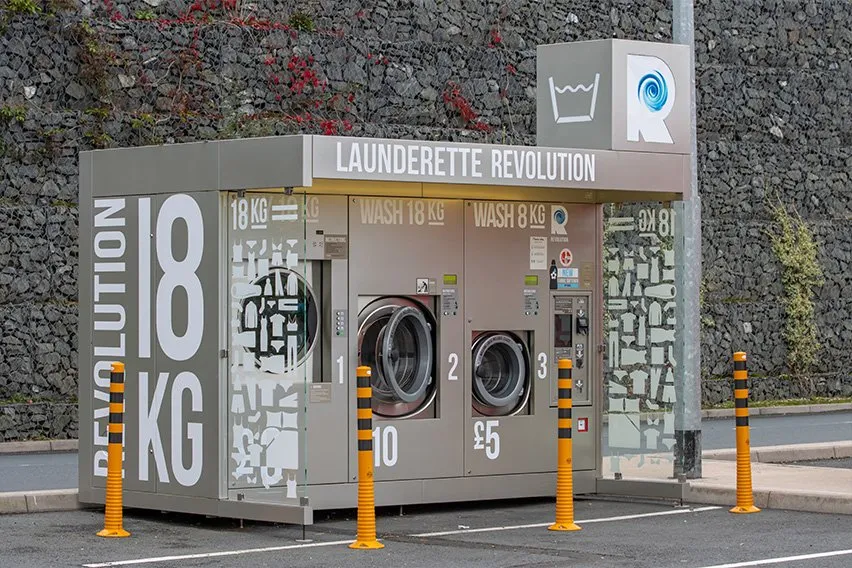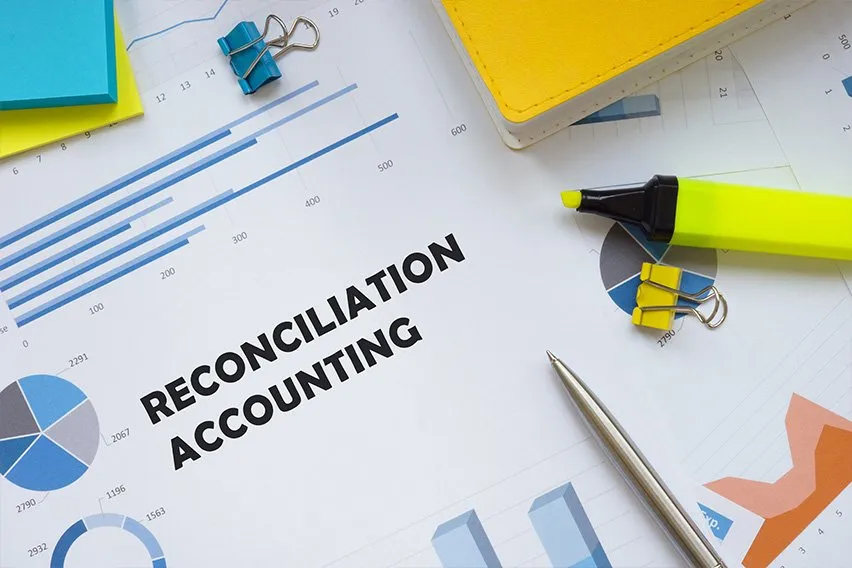Creative Small Business Ideas: 5 You Can Do

The key word when considering creative small business ideas is “creative”. What you’re looking for in your business is one that allows you to be creative and generate income too. Here’s our top 5 suggestions for your startup:
Event Manager
An event can be anything: A wedding, a celebration, a conference or convention, a meeting or special activity. Most clients who need an event planned feel a certain amount of stress from the get-go, as they’ve been tasked with making sure it goes smoothly and that all the attendees enjoy themselves. Now they are delegating that responsibility to an event manager.
An event manager will sit down with the client at the beginning of the project, to understand the event’s scope. From there, the planner develops a workback schedule (this is the key dates that need to be locked down, like booking a venue or confirming a band), and from then on manages the details of the project. This could include booking the venue, arranging catering or talent, dress rehearsals, specifying arrival and set up times and managing special requests (like accommodating food allergies). Throughout this process the event planner may be tasked with negotiating the prices of the vendors too.

There can be the need for quite a bit of creativity too, depending on the event. Some venues will need to be transformed through decoration or will require incorporating a client’s color scheme. Music may need to be selected, or bands. Even something happening at the event may need to be timed exactly in order to provide maximum impact. An event manager would direct or instruct on how all of these details are to be handled.
A successful event manager will most likely get to work with a lot of companies, and no two events will be the same. Event managers are quick are their feet, enjoy challenges and are no stranger to tight deadlines.
Many schools do offer event management programs, which is a good way to get started, as it will sharpen one’s skills as it relates to planning, budgeting, scheduling, culinary considerations and more. Schooling will also allow someone interested in an event managing business to make important contacts in the industry.
Photographer
Although it seems like most people have a camera on their phones these days, photography is an art. This is why professional photographers (unless they’re in the news field) often takes their time with a shot. It needs to be properly framed and lighted, and the shutter speed on the camera may need to be adjusted. A professional will know what’s important in a shot and how to make it stand out. Every shot is different and every shot is an opportunity to get that perfect photo.
Someone interested in a photography business needs to consider the type of photography they want to do: Family portraits? Weddings? Corporate? Or advertising or other creative? Will the photographer have a home studio to take pictures, and will he offer photo editing before delivery? This all needs to be clear from the start, in order to attract proper customers. And it will also determine the pay.
There are many institutions that offer training in photography, and with today’s digital equipment, practice is not expensive. Photographers do need to understand tech, including software. And have the ability to get creative on demand, in order to make the shot work.
Writer
Being a writer can be one of the most creative jobs there is. A writer starts with a blank page and builds an idea into a story, script, blog, news piece, novel, commercial, movie, advertisement, etc. As a full-time business, a writer can enjoy a variety of projects.
Writing may come naturally to some people, and although there are no requirements that one must have to be able to contract out their services as a writer, practice and writing classes can really help. A writer also typically specializes and builds up a portfolio. Today, a blog can really showcase one’s writing talents, and one should be sure to link through to it on LinkedIn.
Home Stager
A home stager helps individuals and families sell their home, by showing it in the best possible light. This is typically once the seller has moved, and there’s no furniture in the house. Essentially the stager has a blank canvas to work with, and now the creative challenge is to transform a house or condo into a place that a potential buyer can imagine living in. As such, a home stager will work on furniture selection and placement, window treatments and painting and decorations (including flowers and pictures).
A home stager is providing the first impression. The home needs be easy for buyers to move around in, with no clutter, properly lit and depersonalized (for instance, a home littered with pictures of Elvis may not be a great idea).
The agent will take pictures of the stager’s work in order to market the property, which the stager can also use to build up his portfolio.
Someone considering this as a business needs to be well organized, as he will be working with and coordinating the activities of sellers, agents, movers and furniture dealers. A stager will also need a good design sense and preferably, some relevant education. Some institutions have classes or courses specifically designed for those interested in starting their own home staging business.
Greeting Card Designer
Ever picked up a greeting card, read the message or caption, and thought “perfect!”. A greeting card designer is responsible for creating that card. The designer took copy and merge it with illustrations or photography, and used specific colors, to make that experience happen.
A greeting card designer needs some design training, preferably a diploma or degree in graphic design. After that, it’s easy to build up a portfolio because one does not need real clients to do that. Samples of work will demonstrate one’s creativity to potential customers, whether a client has paid for the work or not.
Other Questions related to Creative Small Business Ideas:
How Do I Start a Creative Business from Home?
How Do I Start My Own Business from Scratch?
How Do I Start a Creative Business from Home?
Running a business from home successfully takes some advance planning. Ask yourself these questions:
Do I Have the Space to Start a Business?
Assess the kind of business you plan to run. For instance, if you’re planning to stage homes, will you need to store furniture there sometimes? Will you have the space for that or will it make living conditions in your home unbearable?
Do I Have the Necessary Tools for My Business?
If you’re a greeting card designer, then perhaps all you need is a computer with a high- resolution monitor. But if you’re an event manager, maybe you need a designated home office space with computer, printer/scanner and more.
Will There Be Too Many Distractions If I Work from Home?
What’s going on in your home, and in your neighbourhood? Are there other people home during the day? Will it be quiet enough for you to concentrate? Are there big constructions projects in the area that will generate a lot of noise? Consider what you can and can’t work with.

How Do I Start My Own Business from Scratch?
Starting a small business from scratch need not be complicated. You just need to be organized. You’ll want to ensure you have:
A Business Plan
In a nutshell, this is what your hoping to achieve with your business, how soon you want to achieve it, and where you will find your clients. The business suggestions above don’t necessarily need a lot of capital to get started, but if you do, then perhaps you need to include a market analysis and sales projections in your plan. This is so that banks will consider loaning you the money you need to get started.
A Budget
Do you have any startup or regular costs? How will you market the business? Are the costs affordable? What kind of regular income will you need to keep the business afloat? Map it out and adjust as you go along. Then set some limits on expenditures.
RELATED ARTICLES
 The Best Service-Based Business Ideas: A Top 10 List
The Best Service-Based Business Ideas: A Top 10 List Top 8 Most Unique Service Business Ideas You Can Start Now
Top 8 Most Unique Service Business Ideas You Can Start Now How to Start Your Own Web Design Company in an Afternoon: A Guide
How to Start Your Own Web Design Company in an Afternoon: A Guide Small Business Ideas for Small Towns: The Definitive List
Small Business Ideas for Small Towns: The Definitive List What Should You Be Doing at the End of Every Business Day?
What Should You Be Doing at the End of Every Business Day? How Much Should I Pay My Employees?
How Much Should I Pay My Employees?